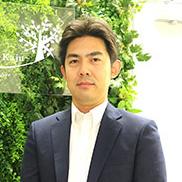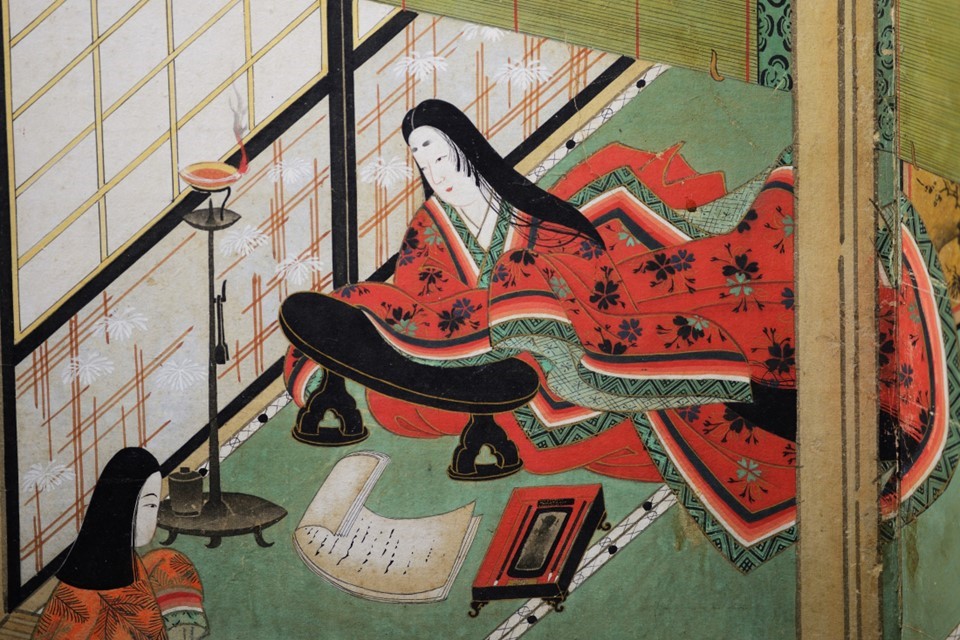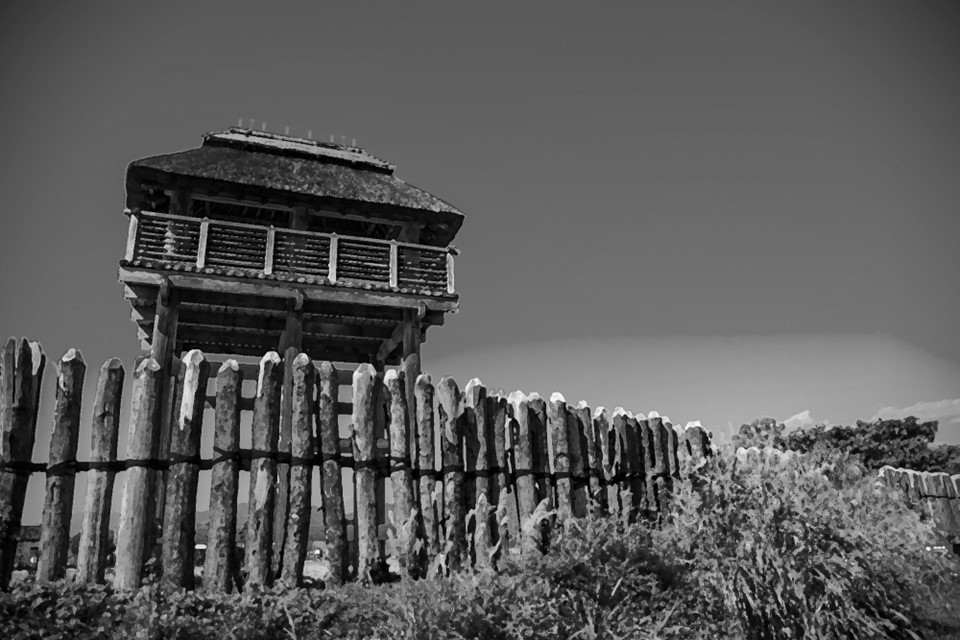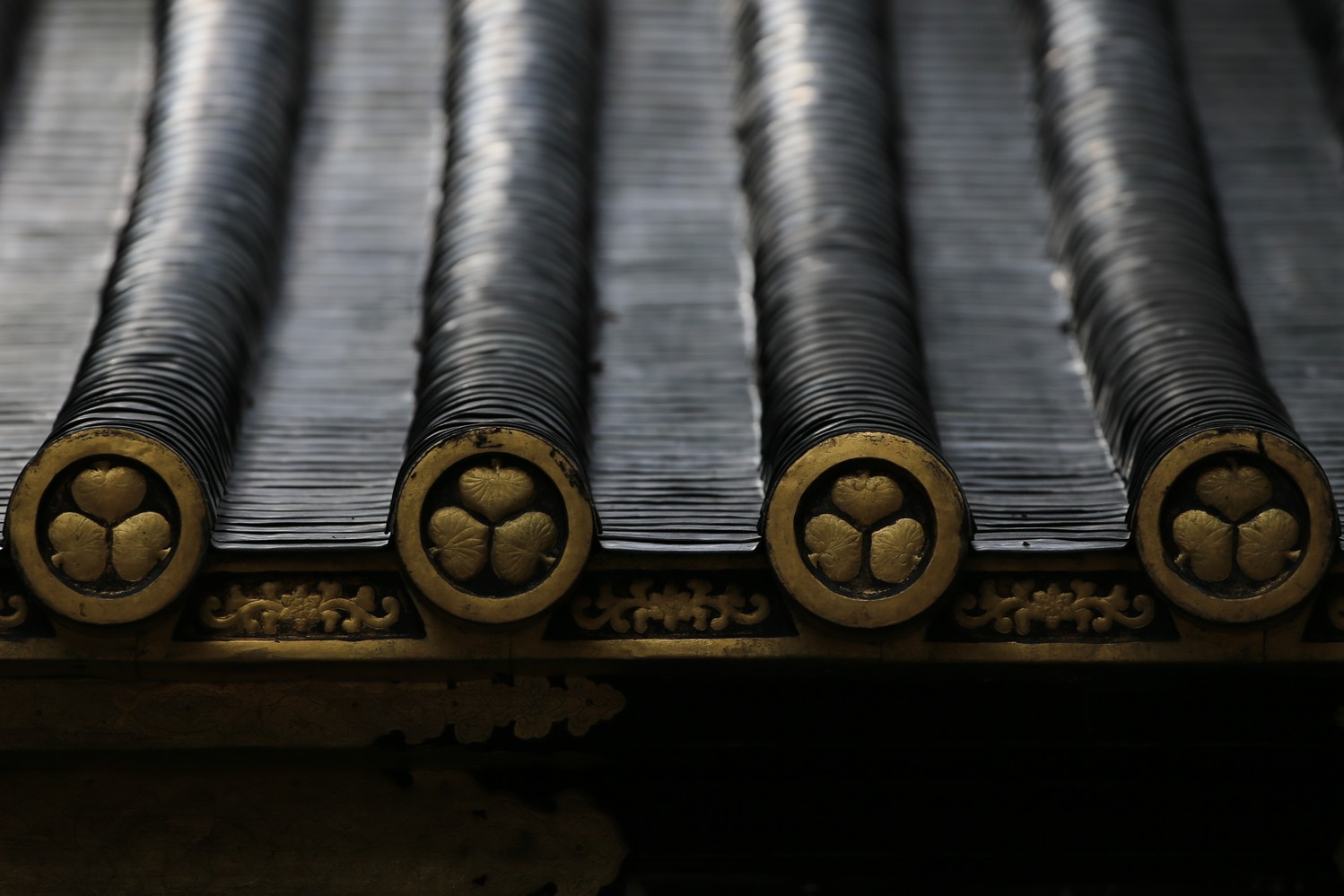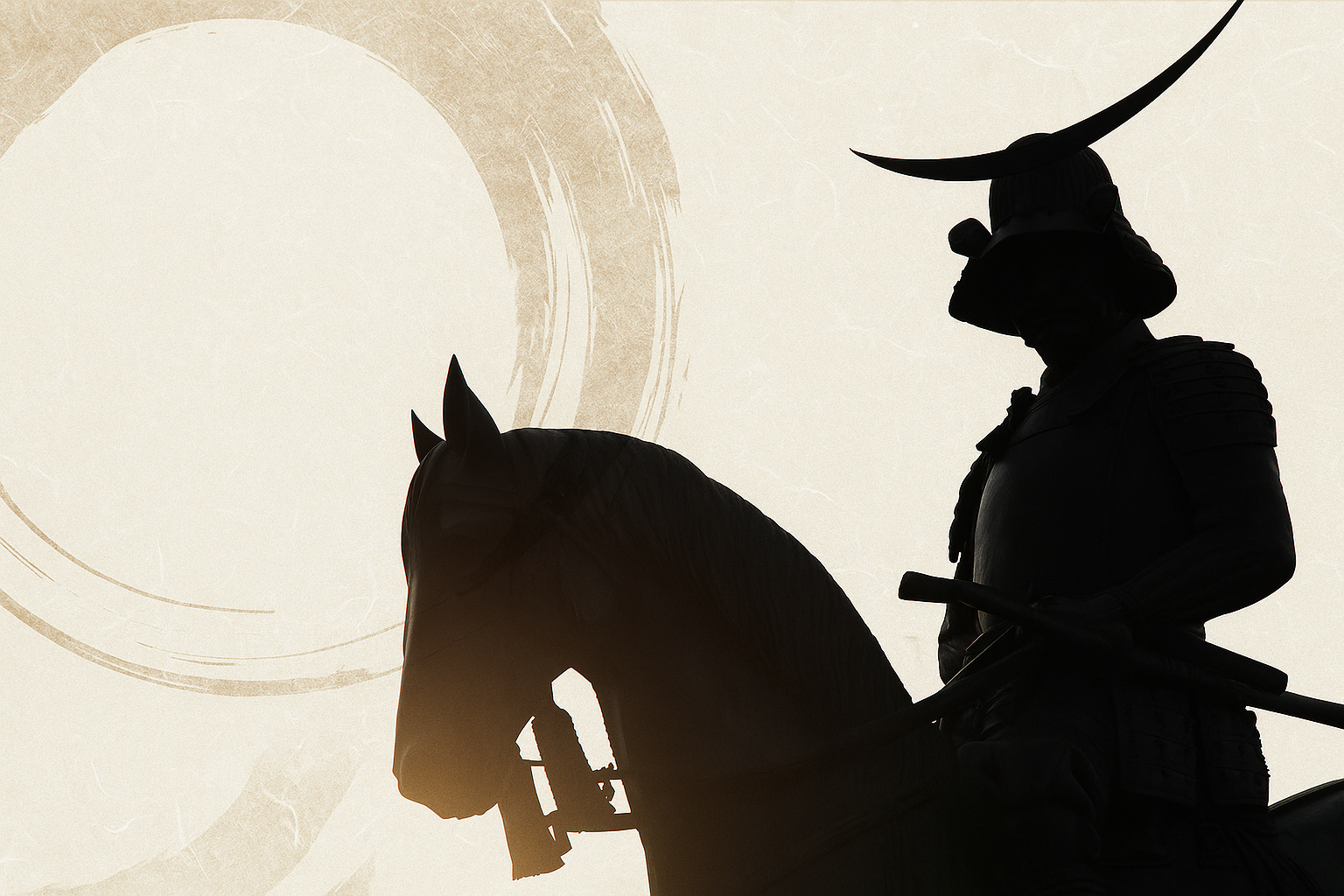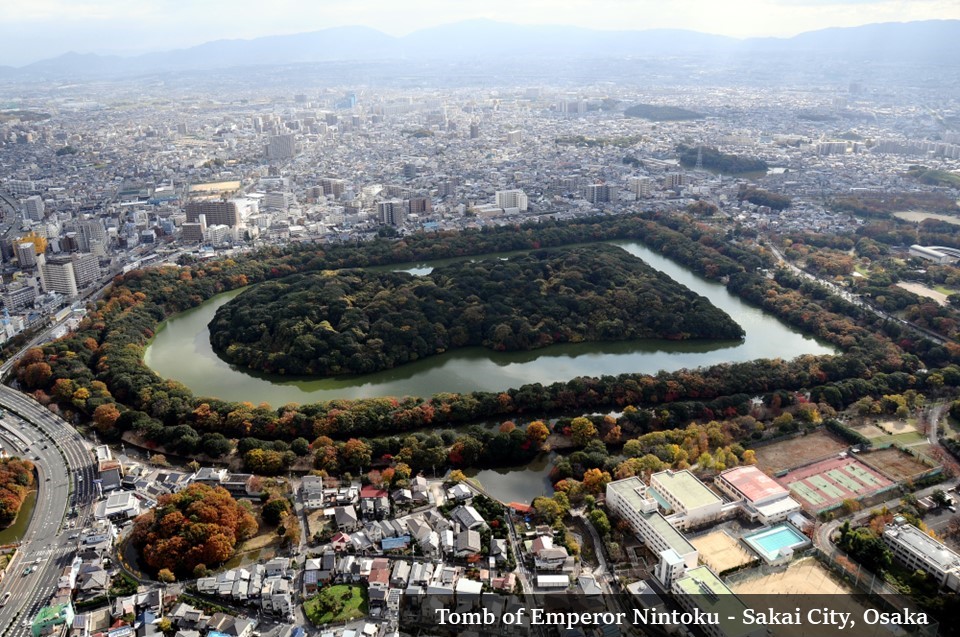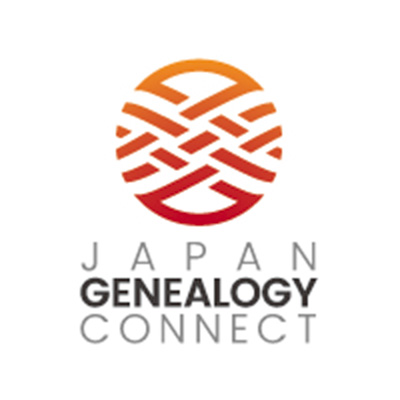The Beginning of Japanese Surnames
Surnames Began About 1,000 Years Ago
At the end of the Heian period, around 1,000 years ago, samurai emerged to protect the farmlands of the nobility. To identify and claim their land, the samurai began to use the names of their territories as surnames.
Samurai surnames originated from the names of the land.
Surnames Became a Symbol of Social Status
Surnames spread from samurai to common people, but about 400 years ago (in the Edo period), they became proof of social status. The government prohibited commoners from using surnames in public, making them a privilege of the samurai and certain elite groups.
The Meiji Restoration Gave Surnames to Everyone
During the Meiji Restoration, about 150 years ago, the government required all citizens, including commoners, to have official surnames for national registration and census purposes.
Japan Has Over 100,000 Surnames

Before the Meiji period, only about 10,000 surnames were recorded. However, the number grew dramatically when commoners were required to adopt surnames. Today, there are over 100,000 surnames in Japan.
How Were Surnames Chosen?
People could choose their surnames, but most chose names with personal or geographical connections. About 80% of Japanese surnames originate from place names.
Why Does Japan Have So Many Surnames?
Japan is known for its large variety of surnames. Originally, surnames represented family houses. As families branched out, they often changed the kanji or pronunciation of their original surname to create unique identities, increasing the number of surnames over time.
Learning the history of your Japanese surname may reveal something new about your heritage. Try researching your surname to discover its origins!
Request a Free Consultation

